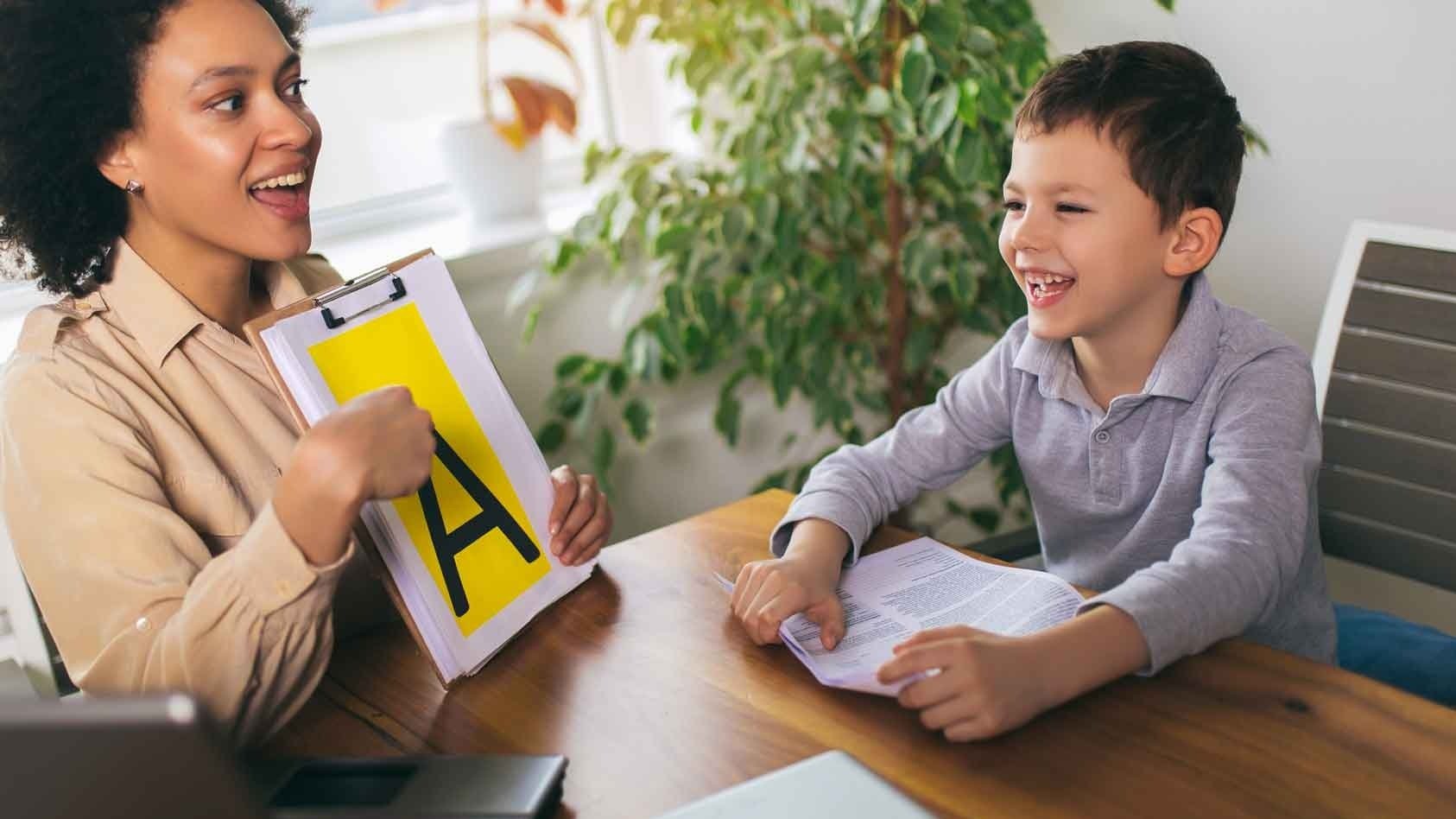
Therapy Pathways for Speech, Language and Social Communication
Our Assessments and Therapy Pathways
We offer a range of therapy pathways for children and adults, to improve communication skills.
How Our Speech and Language Therapy Works
Our speech and language therapy (SLT) sessions are personalised to support the unique needs of each child, young person or adult. Therapy may follow a recent formal assessment, or, if one is not available, our speech and language therapist will carry out a formal/ informal assessment during the initial session to identify areas of need and agree on goals.
Following this, we’ll recommend a bespoke intervention plan. The number and frequency of sessions will depend on the level of support required, which we’ll discuss with you in detail.
Areas of Communication We Support
Our therapy can target one or more of the following areas:
Phonetics – Developing accurate speech sound production
Phonology – Improving speech clarity through sound pattern awareness
Grammar & Syntax – Strengthening sentence structure and word order
Semantics – Expanding vocabulary and understanding word meanings
Social Communication – Supporting conversational skills, turn-taking, understanding body language and tone of voice
Emotional Literacy – Helping children identify, understand, and express their emotions in healthy ways
We have a team of Speech and Language Therapist’s able to Support in the following areas
We work with children and young people with a wide range of speech, language, and communication needs, including but not limited to:
Speech sound disorders (e.g. articulation delay, phonological delay/disorder)
Language delay and developmental language disorder (DLD)
Selective mutism
Social communication difficulties (including those linked to autism spectrum condition)
Stammering / stuttering
Voice difficulties
Hearing impairment-related communication needs
Cleft palate-related speech difficulties
Down syndrome and other genetic conditions
Communication difficulties linked to neurodevelopmental conditions
Complex needs / non-verbal communication
If you’re unsure whether SLT is right for your child, we’re happy to advise and guide you through the process.
What to Expect in Therapy
Sessions are around 45 minutes long and packed with engaging, child-friendly resources including toys, visual supports, games, and online interactive tools. These are carefully chosen to keep your child motivated and make therapy both fun and effective.
Between sessions, we’ll provide carry-over tasks and practical ideas to reinforce progress at home or in school.
Therapy can take place in our clinic, home, school, or online, and will be delivered by a qualified speech and language therapist or therapy assistant, depending on the plan in place.
Therapy Pathways
Speech Therapy
-
Speech therapy helps by strengthening the voice, manner and placement of the tongue, teeth, lips and palate to clearly produce speech sounds. Our speech helps us to communicate and be understood by a range of people.
-
• Difficulty with producing speech sounds
• Being misunderstood by others
• Parents or caregivers may have to translate for you
• Withdrawing from communicating with others -
• Phonological awareness
• Nuffield programme
• Cued articulation
• Auditory discrimination
• oro-motor exercises -
A Speech and phonological awareness assessment may be needed to help diagnose your condition. The process follows the format below:
1) A detailed speech assessment will be carried out to identify speech and/or phonological processing errors.
2) A feedback session is offered within 7 days of the assessment.
3) A detailed report with the outcome (diagnosis), analysis of findings and recommendations are provided.
Receptive and Expressive Language Therapy
-
Language therapy may support the understanding and use of vocabulary and concepts, making semantic associations, using accurate grammar, following instructions and building sentences to include conjunctions. When language is supported, children are better able to access their learning environment and confidently participate in communication exchanges.
-
• Limited vocabulary: less than 50 words at 18 mos., 200 words at 2 yrs., or 1,000 words at 3 yrs.
• Difficulty formulating sentences (use of vocabulary, grammar, syntax)
• Difficulty understanding verbal instructions, questions and concepts.
• May have difficulty processing and learning new information.
-
• Black sheep press resources.
• Language through colour
• Shape coding
• Vocab voyage
• Narrative resources
• CLEAR pictoys
• Derbyshire Language programme
• Language for Thinking
• Language for Behaviour and Emotions
• Time matters
• Rhodes to Language
• Semantic links -
A Language and Communication Assessment may be needed to help diagnose your condition. The process follows the format below:
1) A detailed language assessment will be carried out to identify working memory, receptive and expressive language needs.
2) A nursery/school/college observation or meeting with the class teacher is completed.
3) A feedback session is offered within 7 days of the assessment.
4) A detailed report with the outcome (diagnosis), analysis of findings and recommendations are provided.
-
For you, your family, and your wider network to develop an understanding and awareness of neurodiversity
Use your differences to channel your strengths and achieve your goals
Learn what strategies may support you in social situationsIncrease your emotional literacy and ability to express your feelings and thoughts
Develop self-awareness and learn about your differences
Learn about the wider neurodiverse network and local support services that may help
-
• Decreased/absent response to sounds and voices
• Decreased eye contact or face watching
• Limited safety awareness
• May not understand non-literal language (sarcasm, humour, idioms)
• Difficulty with understanding social cues (body language, emotions/feelings of others, etc.
• Inappropriate judgement (appropriate vs. inappropriate situations and topics)
• May prefer playing alone or only engaging in play with others on own terms.
• Difficulty making and maintaining relationships with others
• Getting overly upset with change or transitions from activity to activity
-
• Talking mats
• Social Thinking
• Lego Therapy
• Zones of Regulation
• Black sheep press
• Talkabout by Alex Kelly
• Emotional literacy
• Social stories
• Play-based activities
• Parent and Child interaction therapy
• Makaton
• AAC (Augmentative and Alternative Communication)
• Picture Exchange Communication System -
A Speech, Language and Communication Assessment, Autism Assessment or ADHD Assessment may be needed to help diagnose your condition. The process follows the format below:
1) A consultation is offered to determine what assessment pathway is required.
2) A pre-screen questionnaire is completed.
3) A Speech and Language Therapist will conduct an assessment with you or your child.
4) For child-only assessments - A nursery/school/college observation or meeting with the class teacher is completed.
5) A feedback session is offered within 7 days of the assessment.
6) A detailed report with the outcome (diagnosis), analysis of findings and recommendations are provided.
Social Communication Therapy
Social Communication Therapy for Adults
Have you received a diagnosis from childhood, or recently been given a late diagnosis of ADHD, Autism, or both?
Did your assessment provide you with the level of understanding you need to move forward with your life? Do you understand your social communication profile?
Do you ever feel misinterpreted? Do you misinterpret others? Do you avoid some social interactions or question what you say is relevant? Can you comfortably express feelings, opinions, and thoughts? Do you ever overthink how other people perceive you? Or worry that you may have offended someone?
Does this affect your interpersonal relationships? with colleagues, friends, a partner, or family?
Following a diagnosis, it can be confusing to determine what presenting social communication symptoms are associated to a diagnosis and what are possibly explained by something else such as childhood experiences, trauma, mental health needs, coping strategies, masking behaviours etc.
To move forward, it can be useful to better understand you and your neurodiverse profile. Linked communication offers a range of interventions to help explore and unlock an individual’s awareness and authenticity to promote positive social communication experiences in varying contexts.
Prior to therapy, all individuals will access an assessment of their pragmatic profile.
A speech and language therapist will use an initial screening tool to evaluate your social communication skills in context. You will receive a short report, highlighting areas of strength and differences.
The following areas we cover are:
· Communicating with friends
· Communicating in romantic relationships
· Communicating with colleagues in the workplace
· Communicating with family members
Levels of support
It is advisable to commit to a minimum of 8 sessions to support with generalisation of skills learned.
1-1 (1 hour)
Bespoke communication therapy sessions aimed at providing individualised communication support based on your personal circumstances and pragmatic profile.
Small group sessions 1 hour (2-4 participants)
We understand that group situations may be unsettling for some and as a team of experienced therapists we are mindful and attentive to this. The small group sessions will provide an opportunity to meet others and participate in exercises in break out rooms; these exercises aim to support your communication skills. There is no obligation to share personal or sensitive information and you will certainly not be ‘put on the spot’ or be expected to join in with anything you are uncomfortable with.
Not sure which service you need?
Reviews
Please leave us a review. Our feedback form takes just 90 seconds to complete and helps us as a service to learn, develop and provide feedback to our wonderful team.
About Linked Communication
Linked Communication offers a professional and friendly service where time and attention can be taken to ensure the service received is of the highest standard and there is minimal waiting time. Our specialist team will always take the time to provide expert advice so you are aware of all the pre- and post-diagnostic and therapy services available. Our clinic is for children and adults, based in Thanet and surrounding areas. We provide online or in-person therapy sessions.
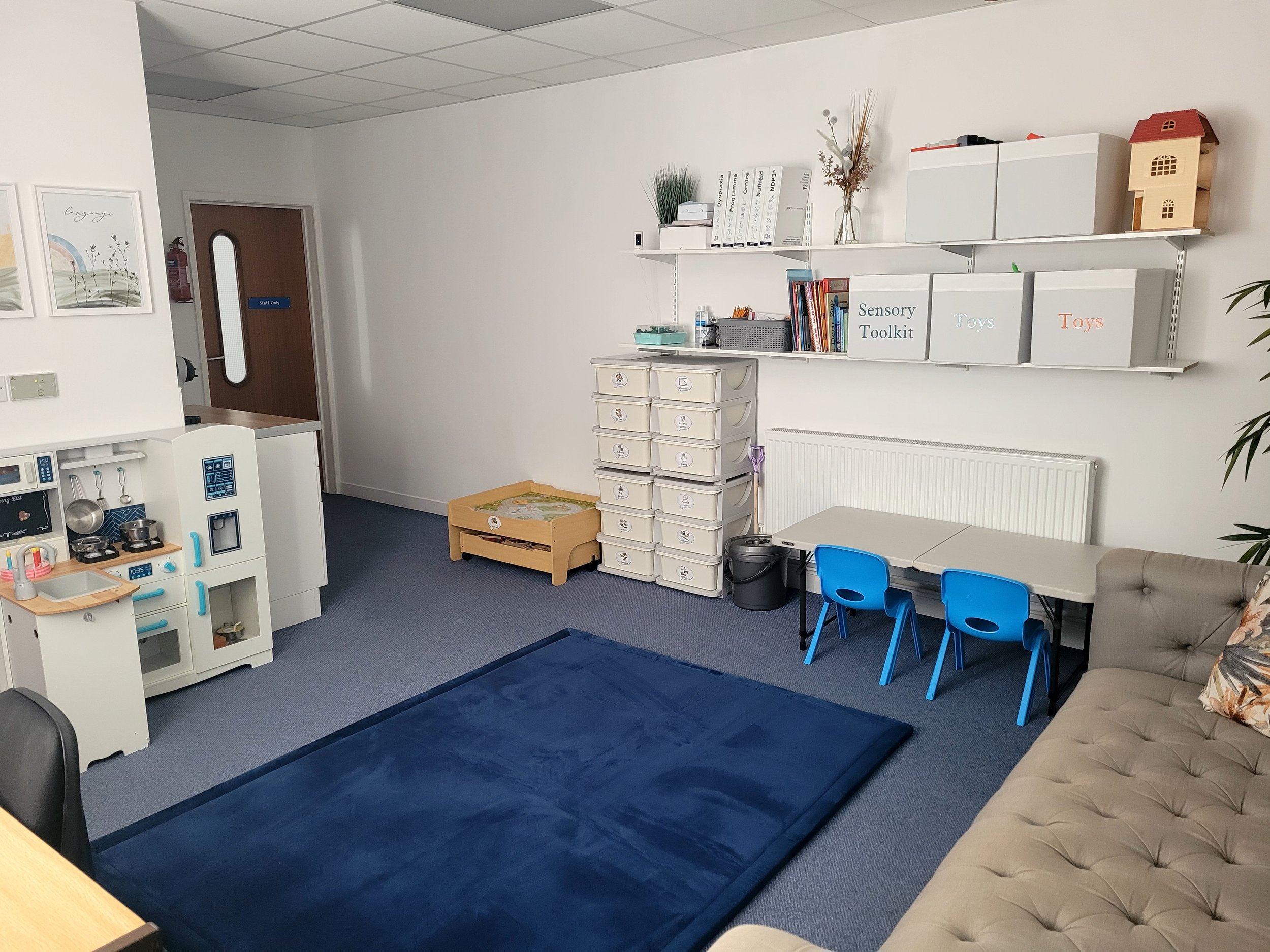
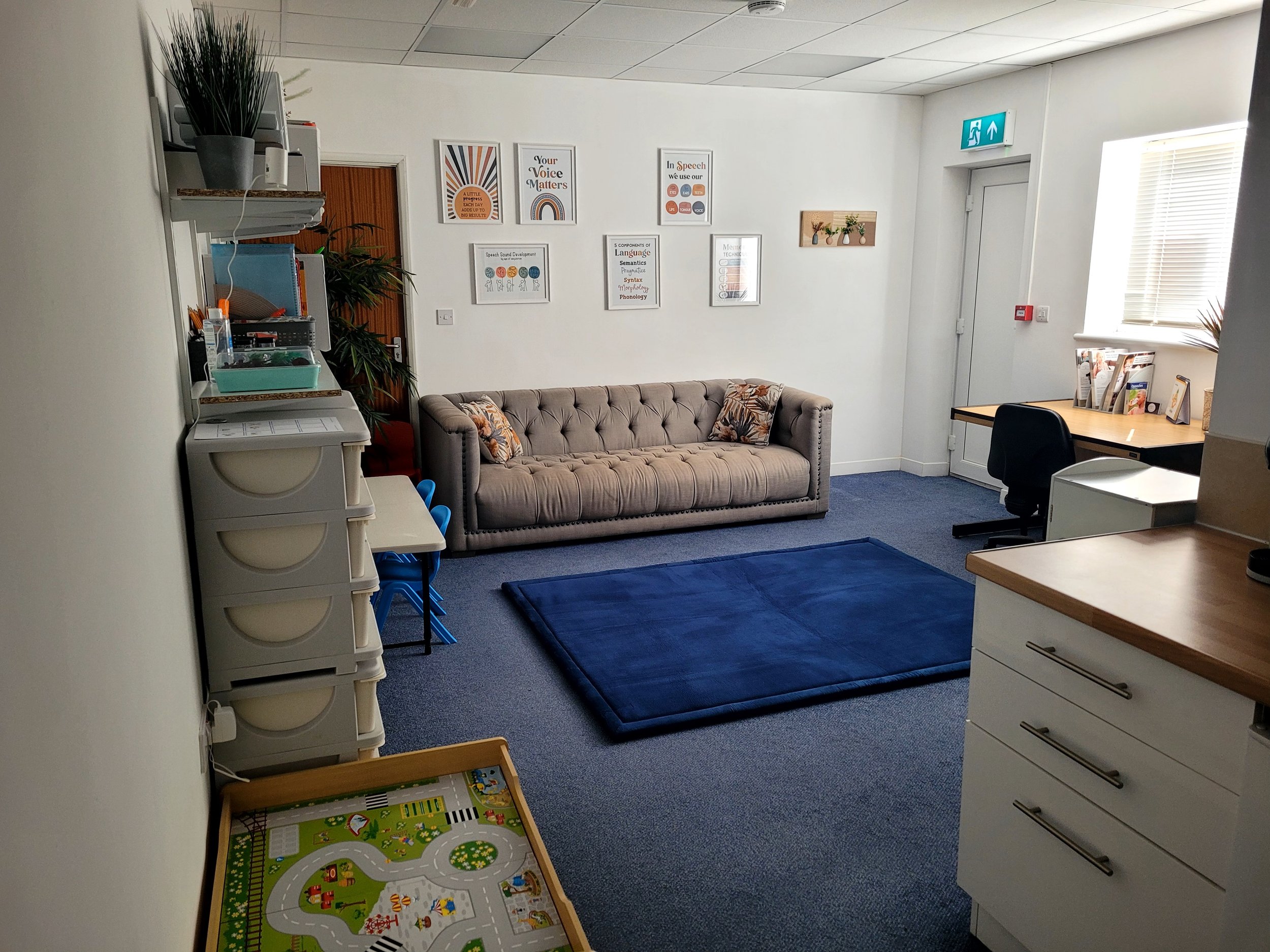
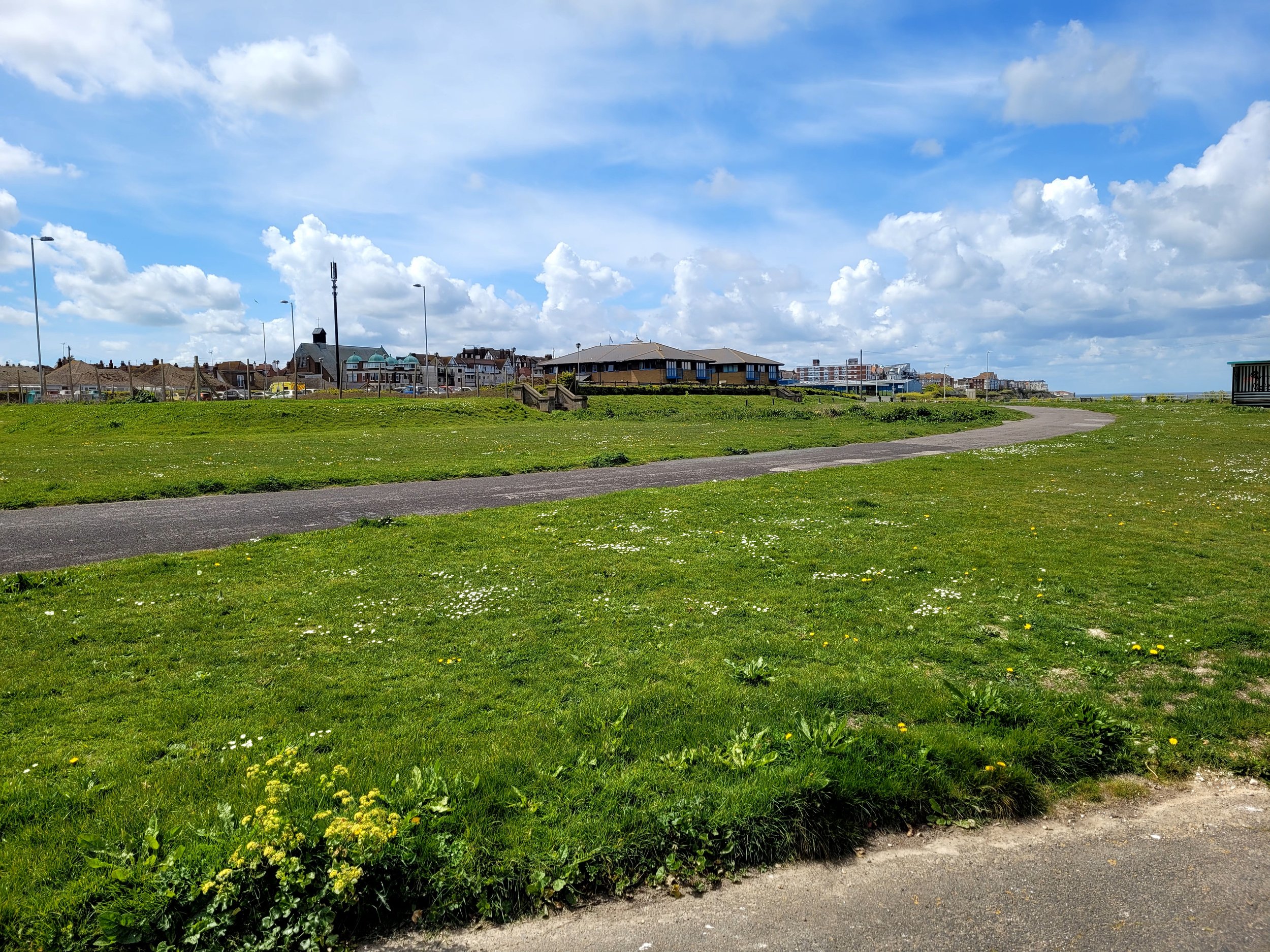


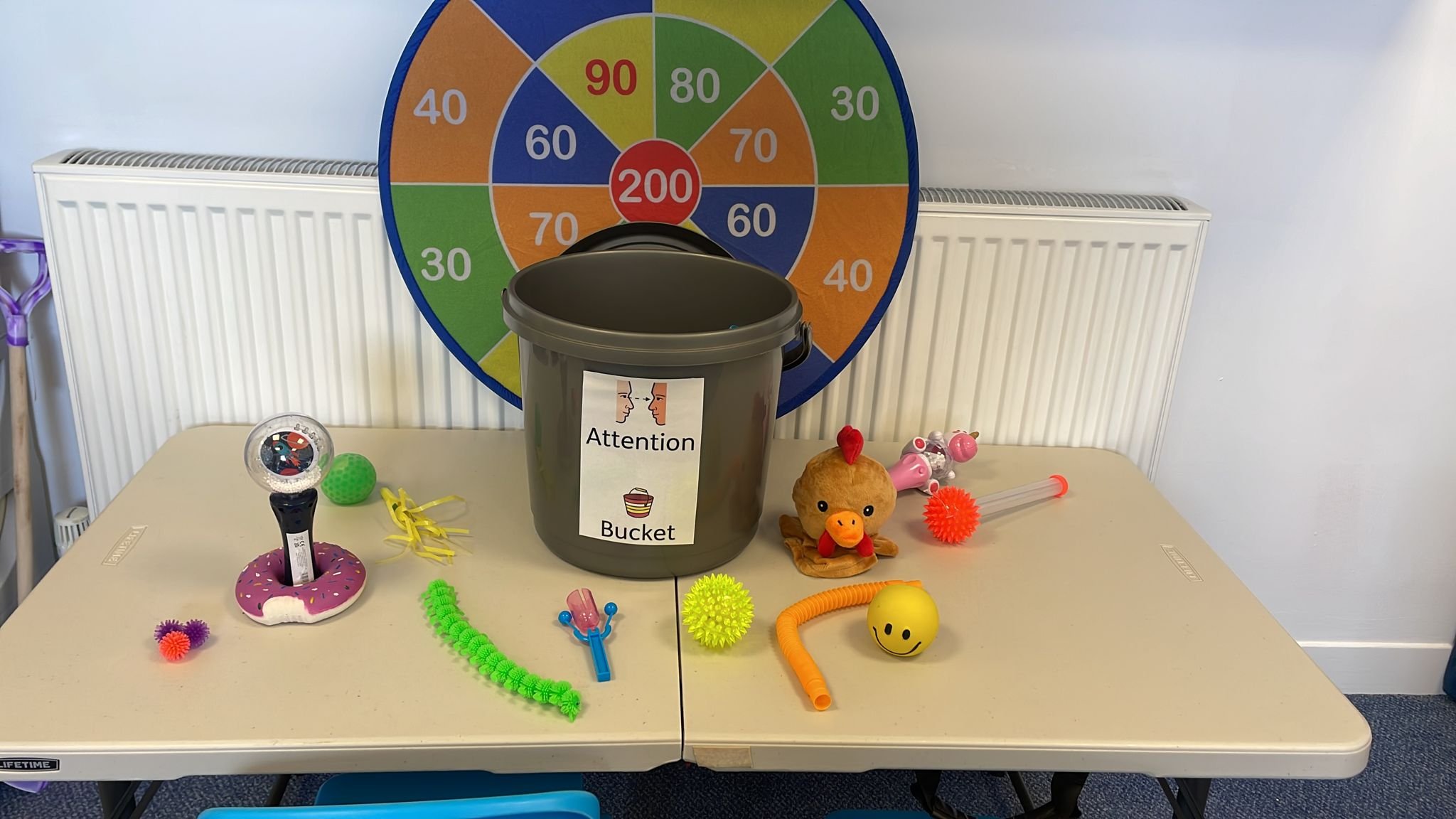



Communication with a whole new meaning




